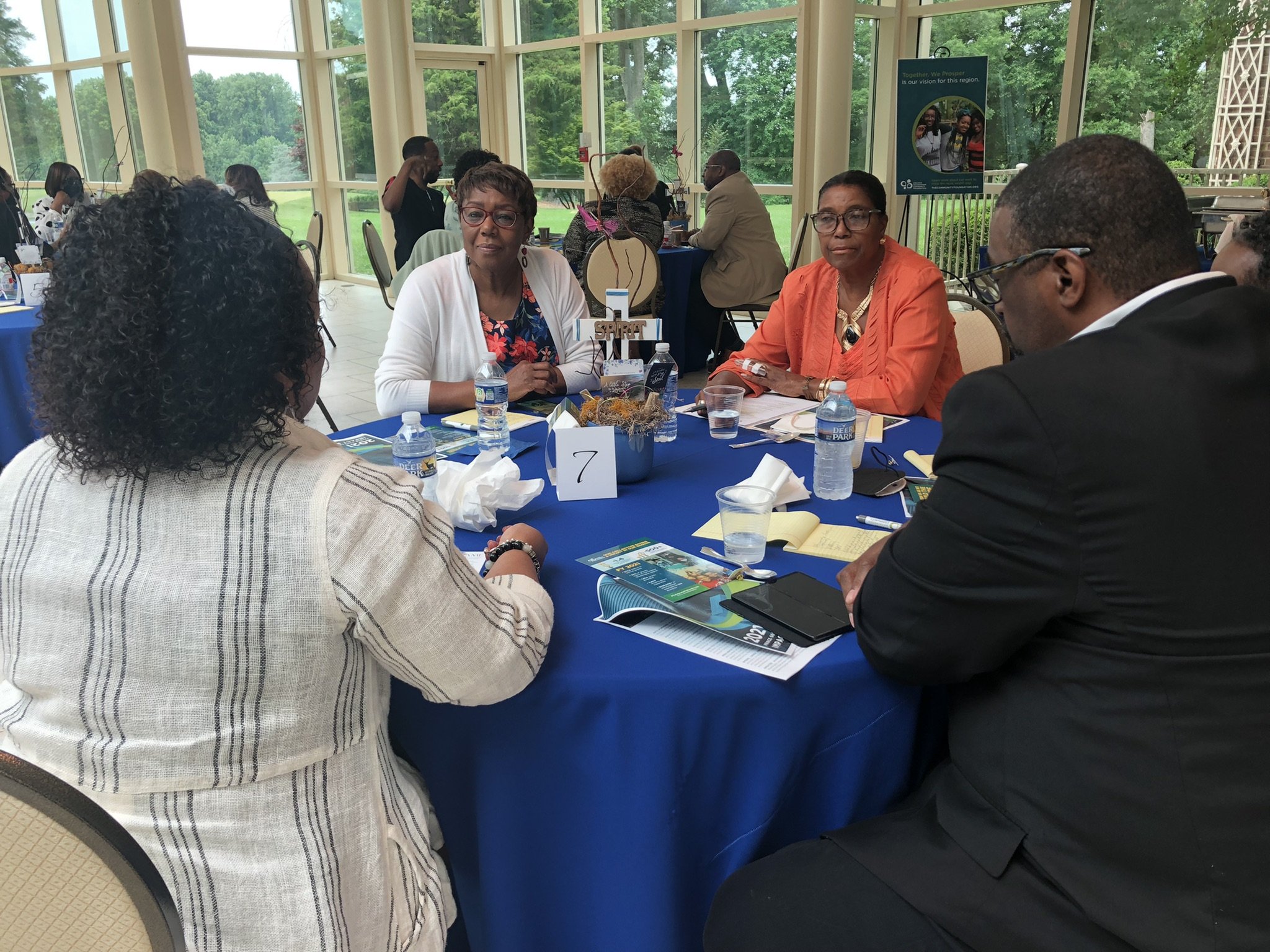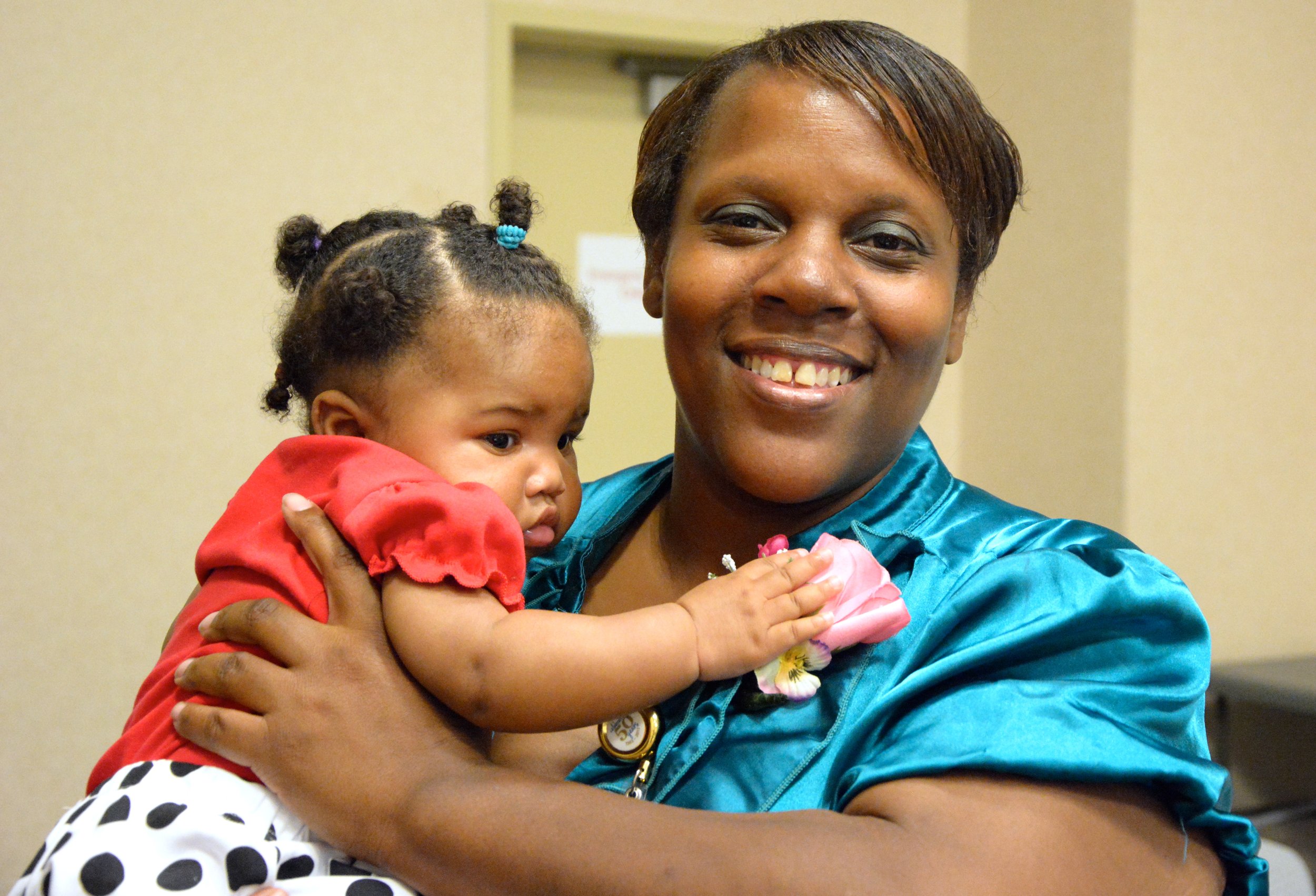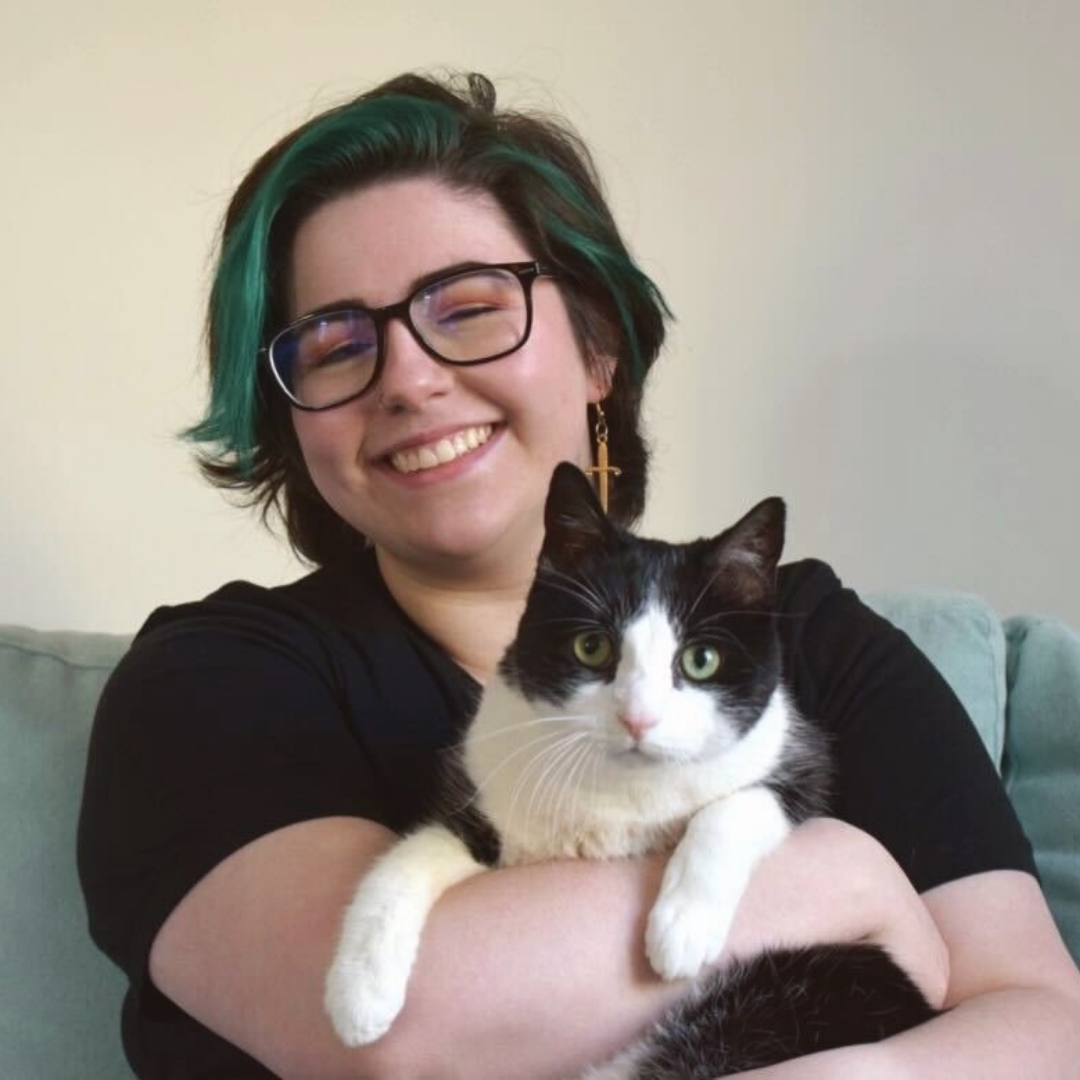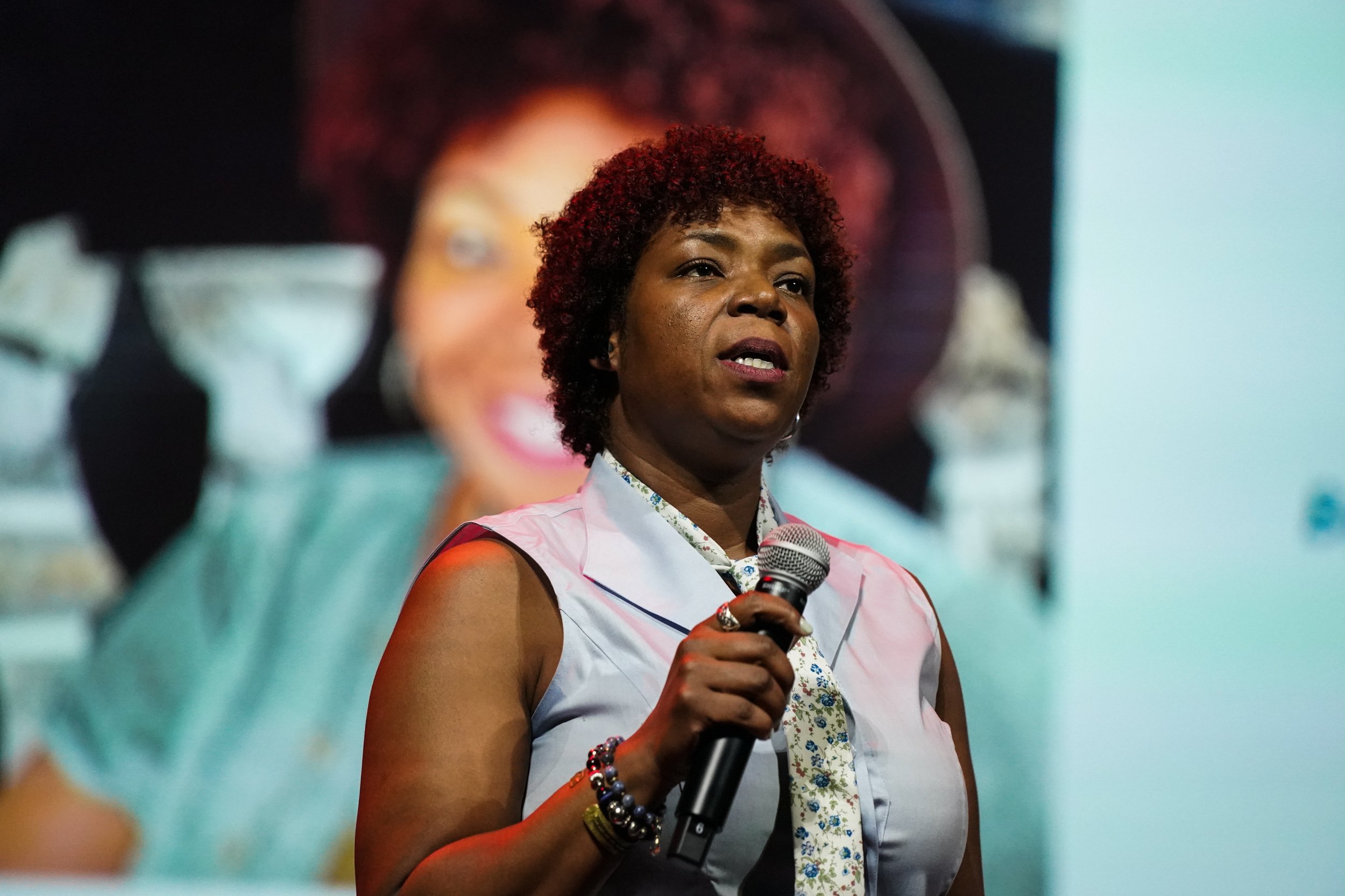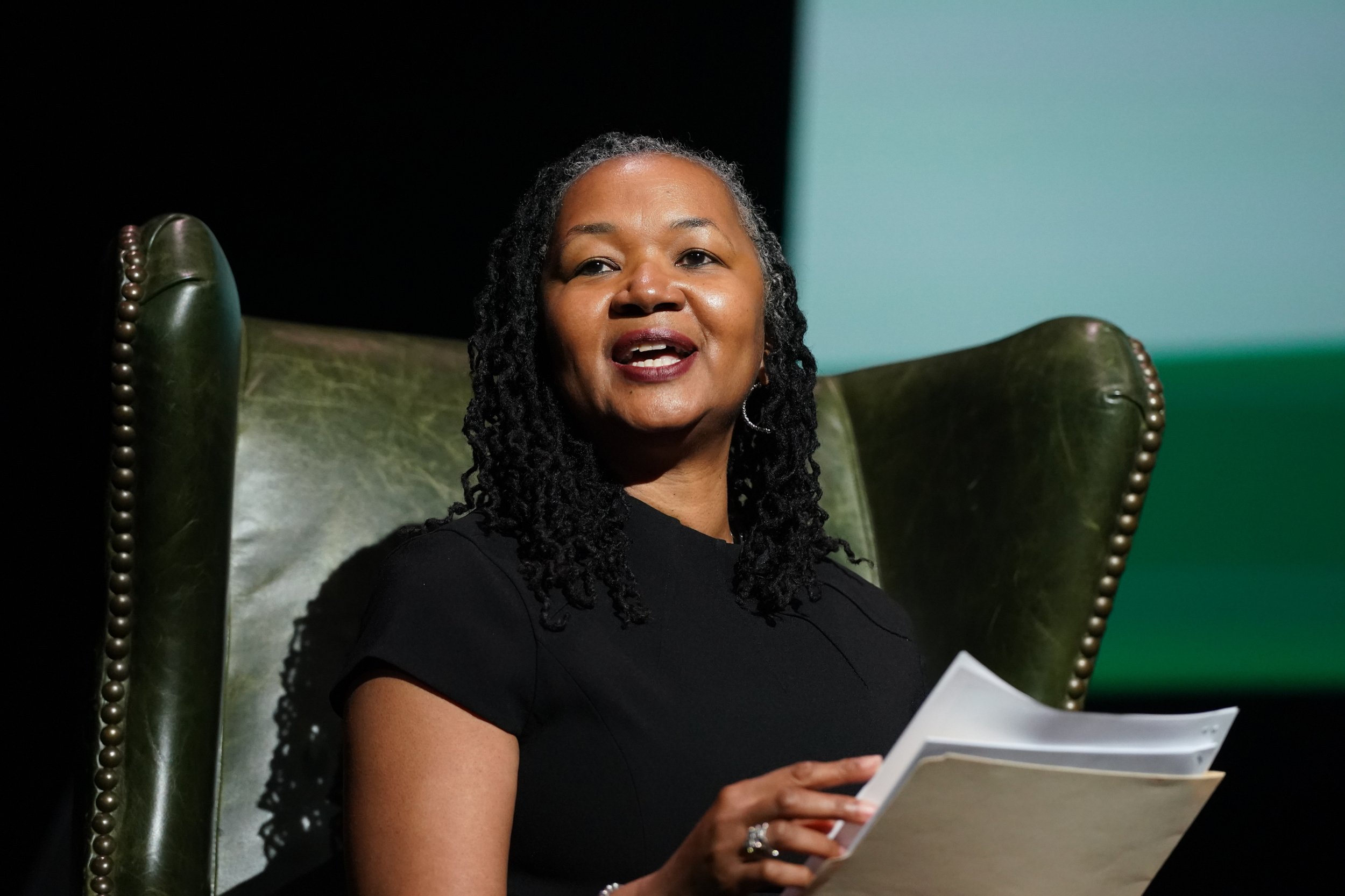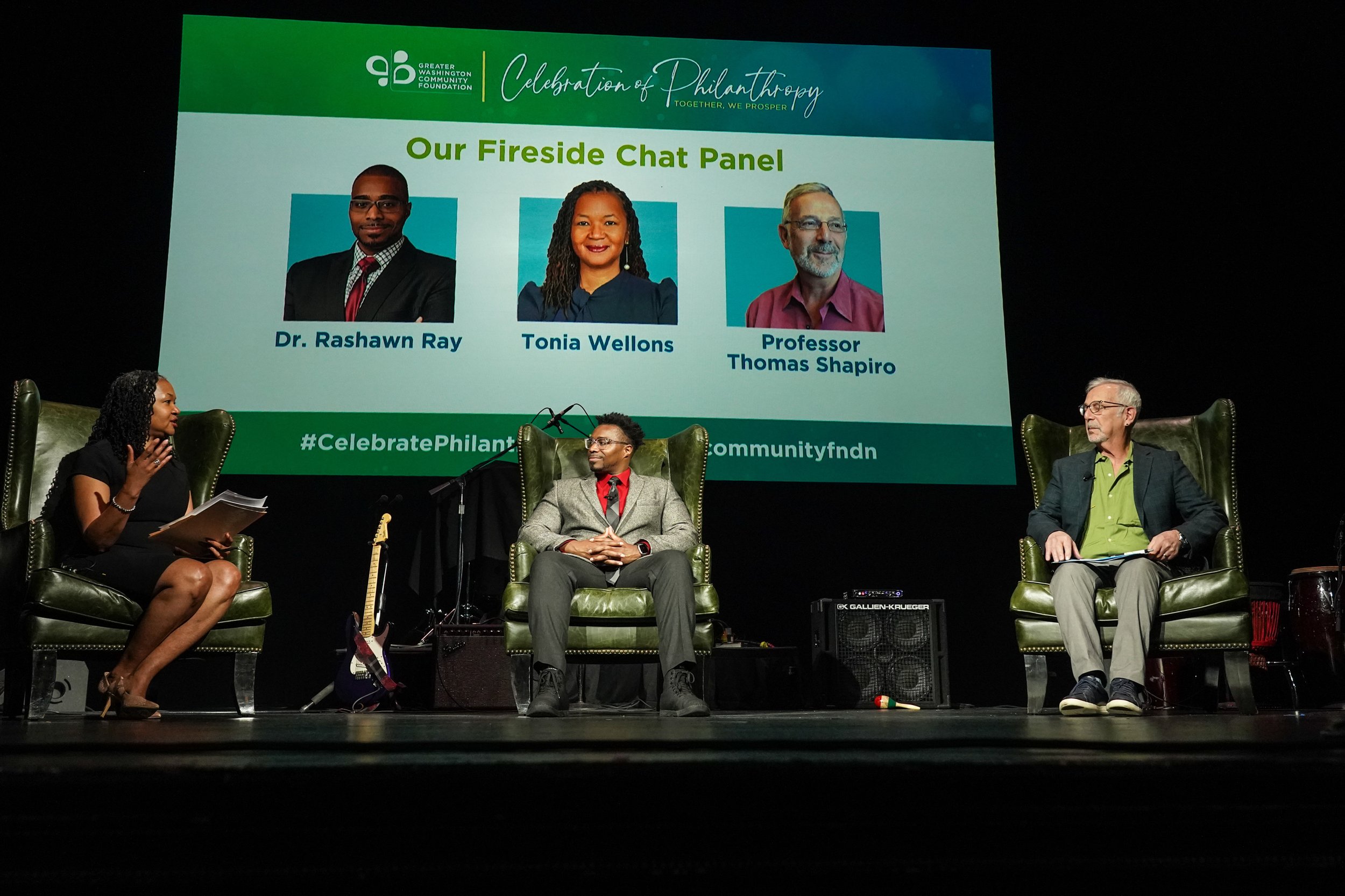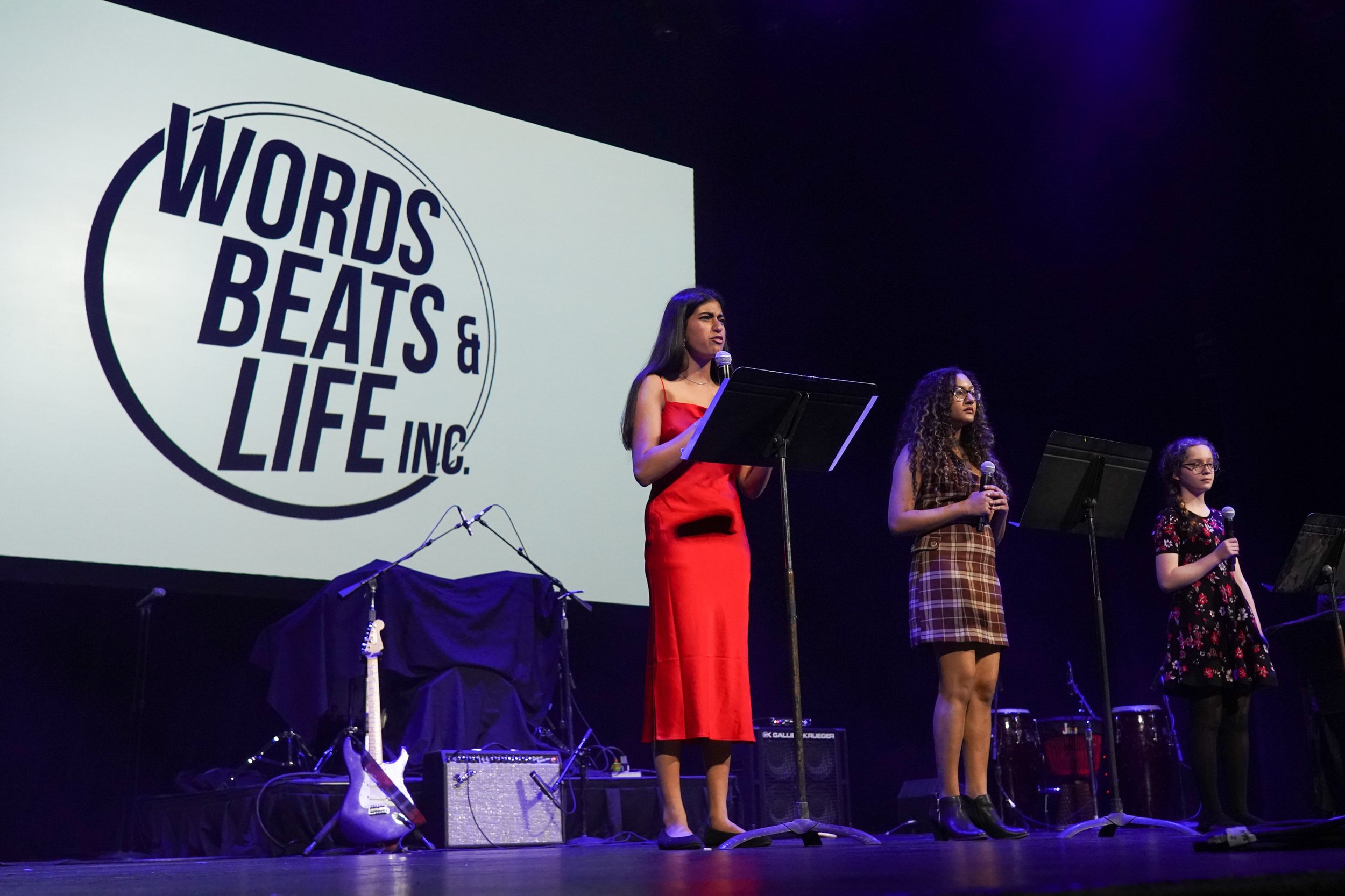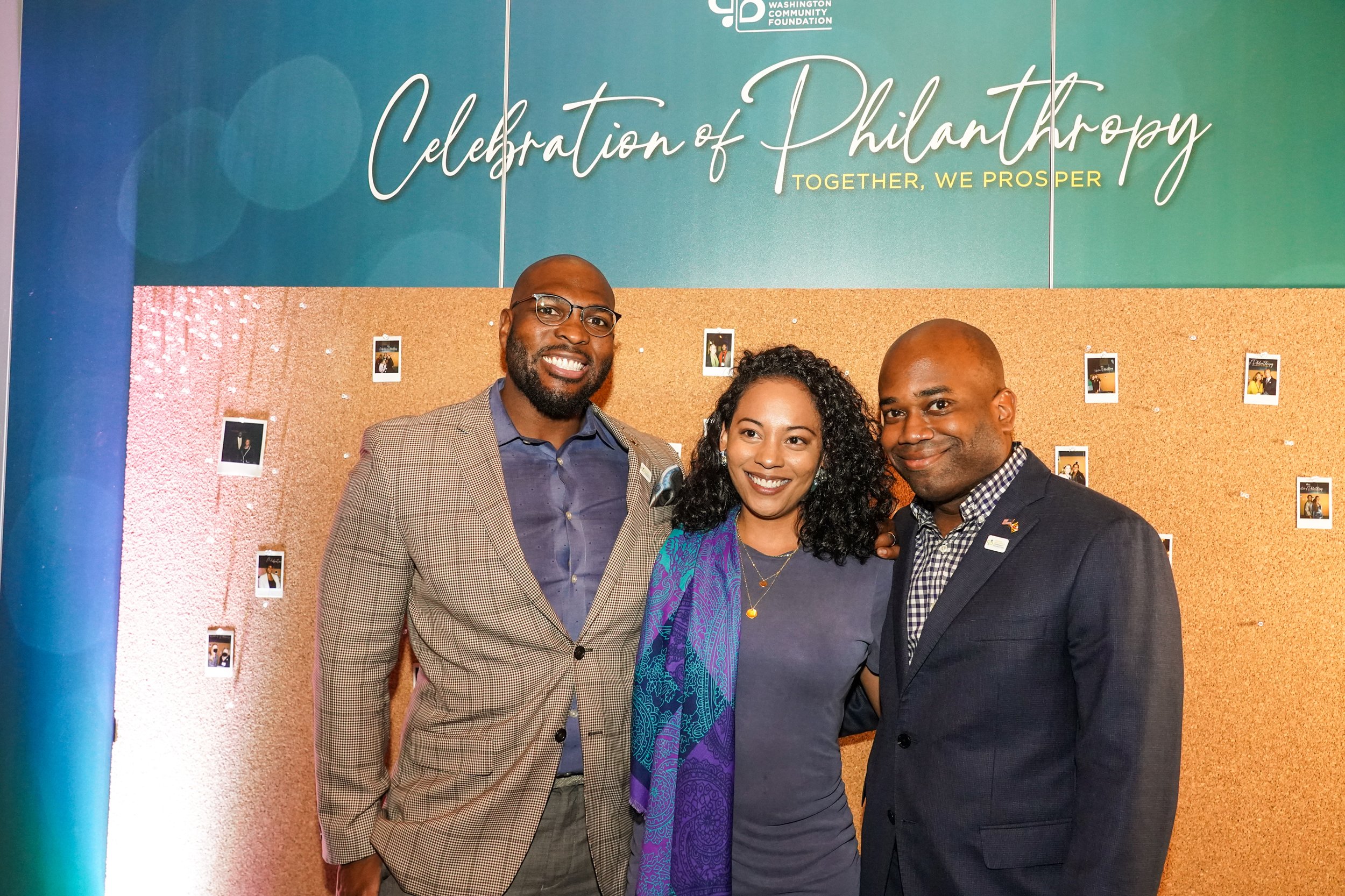There’s a well-known verse among the faith-based community, that “Faith can move mountains”. Earlier this month, the Greater Washington Community Foundation hosted a Faith and Philanthropy Breakfast with Prince George’s County leaders to discuss how to move the Mt. Everest of our region – closing the racial wealth gap.
“Historically, the faith community has long been at the forefront in the fight for social and economic justice,” President & CEO Tonia Wellons explained before the event. “Black churches served as key stops on the underground railroad and helped to abolish slavery. They raised critically needed funds in support of the civil rights movement and advocated for the passage of key civil rights legislation. Long before the pandemic, faith-based organizations have been active in community development including the creation of schools, businesses, and social programs to assist those most in need. They are among our most vital and proactive partners in our strategic vision to close the racial wealth gap.”
The breakfast brought together faith, nonprofit, philanthropic leaders for an intimate conversation about their work and the importance of closing the region’s racial wealth gap. Participants heard and discussed presentations from Tonia, as well as Rev. Ronnie Galvin, The Community Foundation’s Managing Director of Community Investment.
Managing Director of Community Investment Ronnie Galvin addresses participants about our region’s racial wealth gap.
President & CEO Tonia Wellons discusses The Community Foundation’s 10-year strategic vision with community, nonprofit, and faith leaders.
“I think the focus around economic inequity will get to the root of a lot of the major issues we face, in the faith community,” one pastor shared. “I’m excited to be partnering and working alongside [The Community Foundation] in this process.”
“I thought the event was very inspiring,” Karene Brodie, Executive Director of Hillside Work Scholarship Connection shared. “I think oftentimes we want to partner with the faith community, but we lack the vision or structure to have lasting impact. Events like this that convene us together around a common cause really inspire us to work together to resolve an issue that’s been plaguing our communities for far too long.”
“It is impossible to put a dollar-amount on the work that our faith-based partners have done – both in responding to the COVID pandemic, and in advocating for the needs of Black and Brown people in our region,” Darcelle Wilson, Senior Director of the Prince George’s County Office shared. “We hope that this event is the first of many, as together we work to close the racial wealth gap.”

